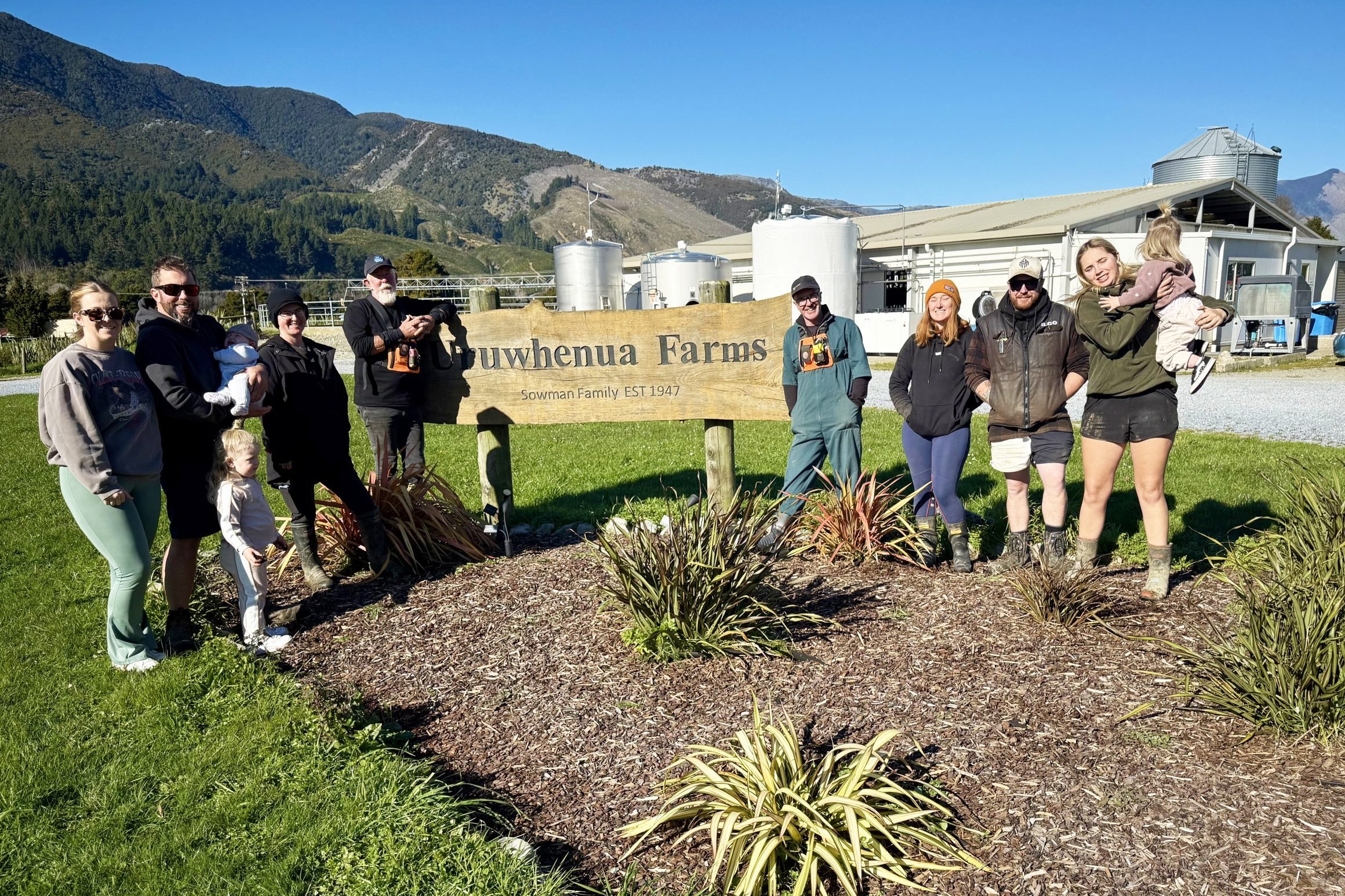Spotlight on farmer advocacy
The Southern ward incumbent, chairman Andrew Morrison, is being challenged by Geoffrey Young, a former Southland Federated Farmers president, and a major issue for the director election is advocacy

Two Beef + Lamb New Zealand director elections are taking place this month, but most eyes will be on the Southern ward result, Terry Brosnahan writes.
The Southern ward incumbent, chairman Andrew Morrison, is being challenged by Geoffrey Young, a former Southland Federated Farmers president, and a major issue for the director election is advocacy.
Asked to stand by Federated Farmers, Young represents the frustration felt by grassroot farmers at Beef + Lamb NZ for what they see as a lack of advocacy on central government legislation. He has an association with Groundswell.
If Morrison loses, could it signal a change in how Beef + Lamb operates and force a review of its advocacy role?
Young said it would send a strong message to the board.
“They do need to change some of their views. They need to listen to grassroot farmers a lot more and reflect that in all of their negotiations with the Government.”
Morrison said the election had been pitched as a battle around advocacy, but Beef + Lamb did more than that. There is concern that having the levy bodies undertaking advocacy undermined Federated Farmers and weakened farmer lobbying.
Groundswell and others have said the advocacy role should be clearly split from the trade, research and extension. They argue the levy group’s poor advocacy is masked by the other good work carried out for farmers. Farmers should be able to vote for or against the advocacy role.
In the past, boards and the levy groups that came later discussed government legislation and passed it on to Federated Farmers to handle the advocacy.
Young said it was in the past 20 years Beef + lamb and DairyNZ got a mandate from farmers to advocate.
“Perhaps farmers at the time didn’t realise the implications.”
Morrison said they work closely with food sector leaders and had taken a united position. That’s why they’d signed up to He Waka Eke Noa.
Landcorp, a state-owned enterprise (SOE), can vote in the election and some farmers fear the SOE will sway the election by sticking with the status quo. Before the levy groups got into advocacy the Landcorp vote wasn’t such an issue.
Landcorp’s vote
Young has not asked Landcorp to abstain from voting. He said there are a number of big farms in Southland and he was confident of winning, even if Landcorp voted for Morrison.
“It does seem ironic that we have a government-owned organisation that can vote on whether they oppose or run with government policy.”
Morrison said about 10 of the largest farming businesses with multiple farms (including Landcorp) equate to about 4.6% of the country’s total sheep (1.6%), beef (1.9%) and dairy cow(1.1%) numbers.
Groundswell was arguably a major influential group and had strong support in the southern ward, so Morrison might have a tough battle.
Groundswell believed the levy body should have pushed back harder against government regulations and costs. It is run by volunteers and started as a protest against the National Policy Statement for Freshwater Management legislation.
Groundswell said more than 16,000 people used its submission tool out of the 20,000 submissions the Ministry for the Environment received on the proposed climate emission pricing.
One of Groundswell’s founders, Bryce Mckenzie, wouldn’t give the number of financial supporters but said he had more than 100,000 signed up for their emails.
He Waka Eke Noa was criticised for not dealing with methane targets first.
Environmental consultant Steven Cranston has warned for several years that the GWP* should have been used when setting the targets.
Farmer advocate Jane Smith has said in the past that He Waka was a rabbit hole and she was angry at levy bodies for not fighting the methane reduction targets which were undoable for farmers. He Waka itself should not have been narrowed to just two options and wasn’t palatable.
ETS fear
Morrison said from day one Beef + Lamb didn’t support the targets but had to get He Waka through to stop going into the Emissions Trading Scheme (ETS). The targets were separate from the pricing mechanism.
“If we had been in the ETS, the target conversation would have been completely pointless.”
He Waka’s plan was to develop a pricing mechanism that would not disproportionately affect sheep and beef farmers.
Morrison said He Waka could not be updated with the GWP* because it was separate from the scheme. The levy groups would not accept the pricing until carbon forestry was sorted and working with government on the methane target.
“The game’s not finished,” Morrison said.
There is also a question mark on how He Waka would be funded if the methane target was based on science. Critics have said a reduction target of 10% by 2050 instead of 2030 would mean less methane tax and money to run the scheme. There might not even be a tax on methane.
Groundswell has opposed any tax on farmers saying they had paid their dues by reducing emissions with their efficiencies. Farmers also owned large areas of native forestry and exotic trees that were not allowed to be claimed for carbon credits because they were pre-1990.
Morrison said Beef + Lamb preferred emissions were not taxed, but both political parties, Labour and National, have said emissions will be priced.
If Morrison wins, could Groundswell become a formal advocacy group?
Mckenzie said it was something they never wanted to do.




